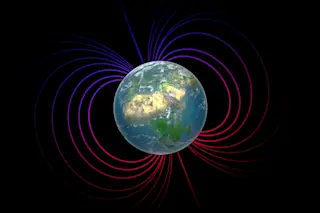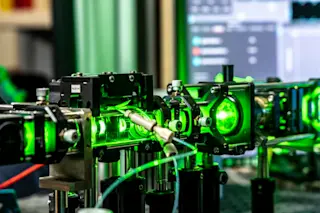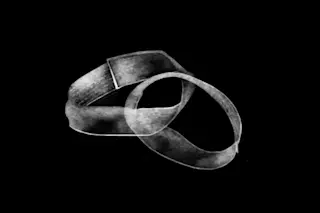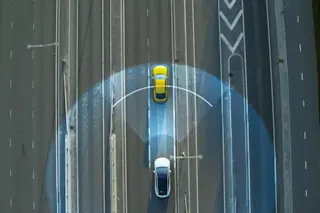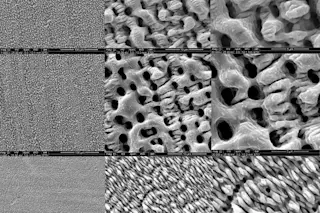After going more than 30 years unclaimed, the $250,000 Sikorsky Prize for human-powered flight has a winner. Canadian startup company AeroVelo successfully kept their pedal-powered helicopter, Atlas, aloft for the 60 seconds required for the prize title. Competition rules also state that the helicopter must rise to an altitude of at least 3 meters (about 10 feet), and must remain within a horizontal area no bigger than 10 meters (33 feet) square. The Igor I. Sikorsky Human Powered Helicopter Competition
was initiated in 1980 by the American Helicopter Society (AHS). Various teams have attempted to win the prize since then, all unsuccessfully. Students at the University of Maryland were close last year, with a craft called Gamera. That copter flew for 50 seconds. But Atlas's flight last month sets a world record of 64.11 seconds aloft. The flight was piloted by AeroVelo co-founder Todd Reichert on June 13. However it ...



